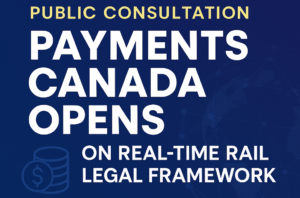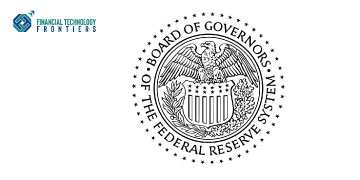 Payments Canada has officially launched a public consultation on the legal framework for the country’s upcoming Real-Time Rail (RTR) payment system. The consultation period will run from May 20 to July 2, 2025, and invites feedback from stakeholders across the financial ecosystem.
Payments Canada has officially launched a public consultation on the legal framework for the country’s upcoming Real-Time Rail (RTR) payment system. The consultation period will run from May 20 to July 2, 2025, and invites feedback from stakeholders across the financial ecosystem.
Participants are encouraged to submit written feedback to consultation@payments.ca on key RTR components including the proposed RTR by-law, draft rules, and associated policy elements. These materials were developed collaboratively with members, regulators, and industry stakeholders, with the aim of providing transparency and clarity on the operational and legal structure underpinning the RTR system.
This initiative builds upon Payments Canada’s initial 2020 consultation and reflects the evolved design and planned implementation of the RTR. While foundational policy principles remain intact, the 2025 consultation introduces new elements, including a draft RTR by-law and updated operational rules, which are expected to be released before the end of the consultation window.
The Real-Time Rail is designed to enable instant, irrevocable, and data-rich payments within Canada, offering individuals and businesses greater control, speed, and flexibility. The system is also expected to enhance competition, foster innovation, and improve access to payment services across the board.
Once operational, the RTR is anticipated to be designated a prominent payment system, subject to the Bank of Canada’s risk management standards.
The consultation supports Payments Canada’s broader public policy goals, including:
- Establishing a robust and transparent legal framework aligned with its legislative mandate
- Promoting fair, open, and risk-based access to create a level playing field
- Enabling multiple participation models, including potential access for payment service providers (PSPs), pending legislative updates
Payments Canada’s RTR initiative is a major milestone in modernizing the country’s payment infrastructure and ensuring it remains competitive and secure in a fast-evolving digital economy.




